Netanyahu forced to accept truce deal he had rejected after 67 days of resistance: Analyst
By Press TV Website Staff
Israeli Prime Minister Benjamin Netanyahu was forced to concede and accept the ceasefire deal after 67 days of unprecedented and high-intensity resistance by Hezbollah, says a Lebanese commentator.
In a conversation with the Press TV website, Hussein Chokr, a policy researcher and international affairs analyst based in Beirut, said if Netanyahu and his regime were truly winning, as he claimed, he would not abandon his goals and ambitions in the middle of the high-intensity war.
Netanyahu announced a truce deal with the Lebanese resistance movement late on Tuesday, which was confirmed by the Lebanese government as well as the United States and France on Wednesday.
The “permanent” truce calls for the immediate cessation of Israeli aggression against the Arab country.
Chokr said the day Hezbollah leader Sayyed Hassan Nasrallah was assassinated in late September in Beirut, Netanyahu declared that he aimed to “change the strategic security dynamics of the region, starting with altering the security context on the Lebanese front.”
“However, after 67 days of unprecedented, high-intensity resistance, he was compelled to accept a deal that he had firmly rejected in the early days of the war,” he told the Press TV website.
Lebanon ceasefire gives ‘Hezbollah upper hand’
— Press TV 🔻 (@PressTV) November 27, 2024
WATCH: The truce deal between Lebanon and Israel has been labeled by many as an “Israeli surrender” agreement to Hezbollah. pic.twitter.com/ukNncdKvrB
Chokr, who works as a policy researcher at the American University of Beirut (AUB) and previously worked as a governance researcher with The United Nations Economic and Social Commission for Western Asia (UNESCWA), said the resistance achieved its objectives in this war of attrition.
“Netanyahu himself acknowledged that one of the reasons for accepting the deal was to give the Israeli army time to recuperate and manage its ammunition inventory and this is literally a result of attrition,” he noted, referring to the embattled Israeli premier’s speech on Tuesday night.
“Additionally, it’s clear that he sought the deal to ease the pressure on the internal front as more Israelis were displaced, and the residents of northern Israel increased their demands for action.”
Most significantly, Chokr hastened to add that Netanyahu failed to stop Hezbollah rockets from reaching occupied Haifa and central occupied Palestinian territories, contrary to his claims of having destroyed the Lebanese resistance's rocket capabilities.
Importantly, Hezbollah has carried out a significant number of sophisticated military operations in recent weeks, penetrating deep inside the occupied territories, including high-value military targets.
On Monday, the resistance group carried out a record 51 military operations, including high-precision attacks on key Israeli military facilities in Tel Aviv and Haifa.
“This was the main factor, among others, that pressured the war cabinet into pursuing a ceasefire deal. The high-intensity resistance thwarted Israel's attempts to ease the pressures it had endured over the course of 11 months. They sought a final and decisive solution to the displacement of northern settlers through military force by altering the security context in southern Lebanon, but they failed,” Shokr said.
✍️ Feature - How Hezbollah's 'Khaybar operations' forced Israeli regime to seek ceasefire
— Press TV 🔻 (@PressTV) November 27, 2024
By @mypenmyworld https://t.co/gtZSGF9OLp
In the “brutal and unprecedented” ground battles that continued for nearly 70 days, the Lebanese analyst said the Israeli regime not only failed to halt the rocket fire by the Lebanese resistance but also failed to capture the strategic town of Khiam, 4.5 kilometers from Metula.
“Al-Khiam had been subjected to relentless airstrikes, bombardments, and air surveillance for 14 consecutive months. Despite their stated objective of neutralizing the resistance's power south of the Litani River, they failed to advance more than 3 kilometers into Lebanese territory,” he told the Press TV website.
On the narrative being pushed by Western analysts that the Gaza front has been delinked from the Lebanese front following the latest ceasefire, Shokr said it primarily aims to “create fractures and sow divisions among the allies of the Axis of Resistance, particularly Hezbollah, Hamas, and Islamic Jihad.”
“The response of the resistance groups in Gaza is focused on preventing this rift, recognizing the sacrifices Lebanon has made to support Gaza,” he stated.
“How can one speak of abandonment when Lebanon has endured so much—thousands of martyrs, tens of thousands of injured, and the destruction of tens of thousands of homes and businesses.”
Iran, Qatar stress continuation of diplomacy towards preserving regional peace, stability
Majority of Americans support Palestinian state as Israel backing declines sharply: Poll
New Israeli strikes kill more Palestinians across Gaza in 'serious violation' of ceasefire
Maliki urges respect for Iraq's sovereignty in meeting with Trump's special envoy
Iran urges restraint, immediate ceasefire as Afghanistan–Pakistan fighting escalates
VIDEO | Press TV's news headlines
VIDEO | Kabul residents call for calm as tensions escalate with Pakistan
Iran FM: Success of nuclear talks hinges on ‘seriousness’ of US





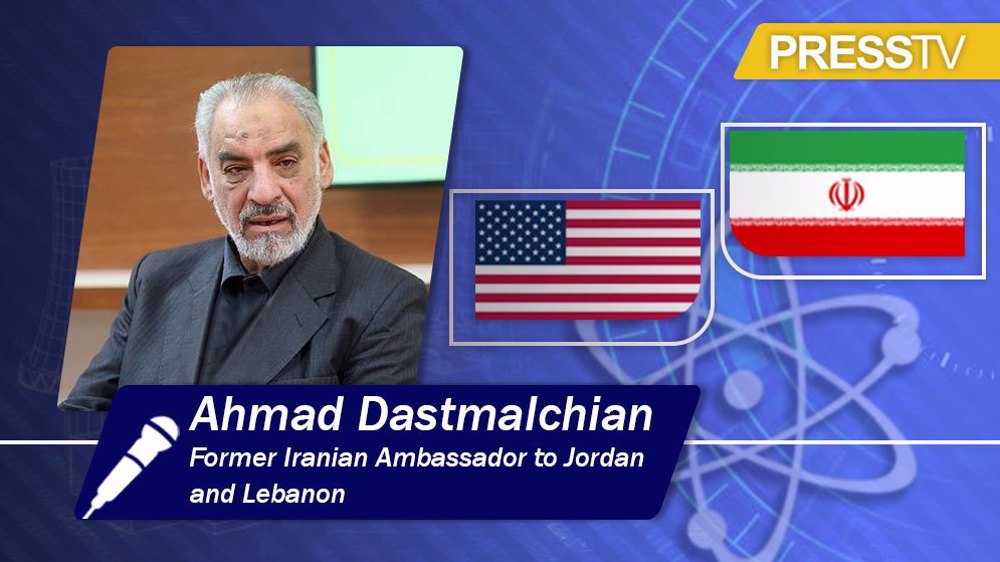



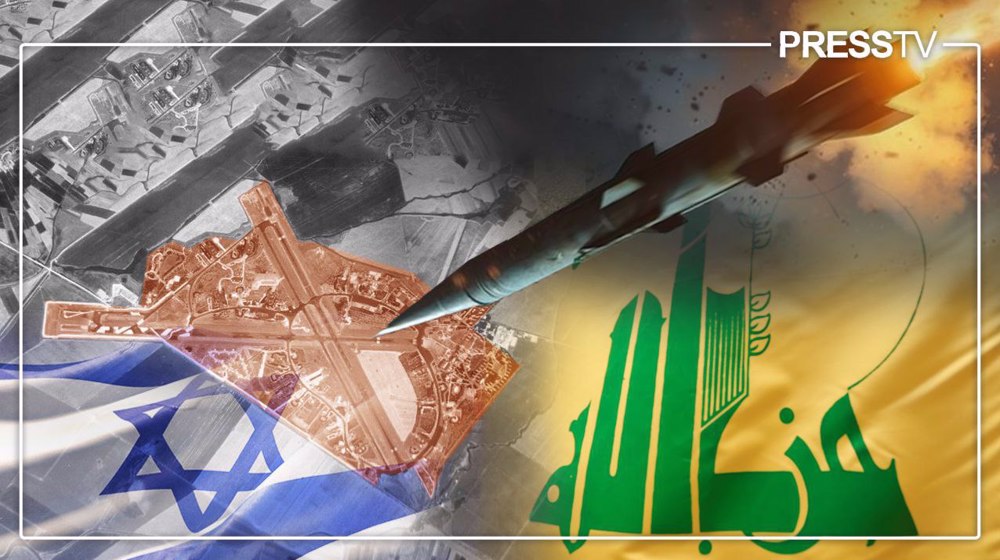
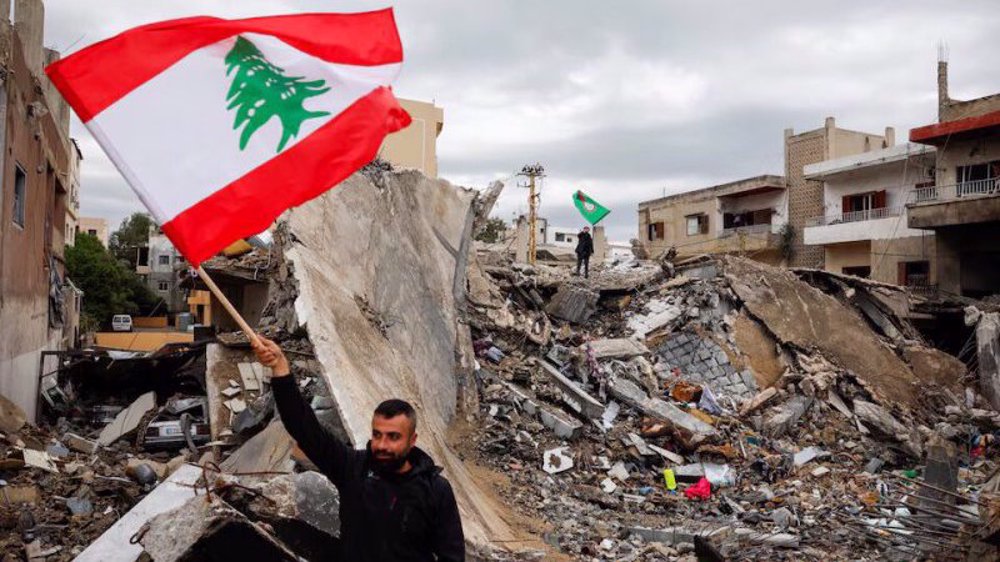
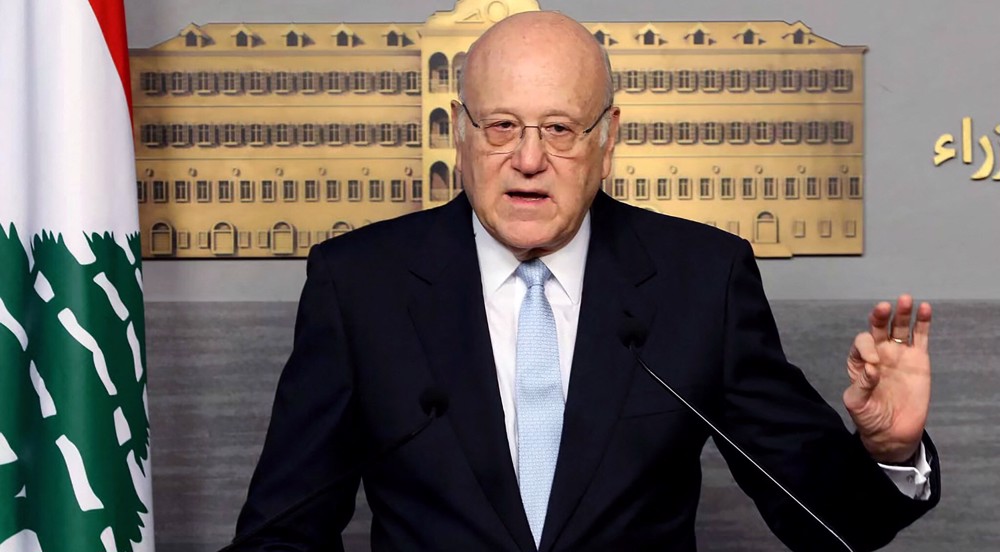
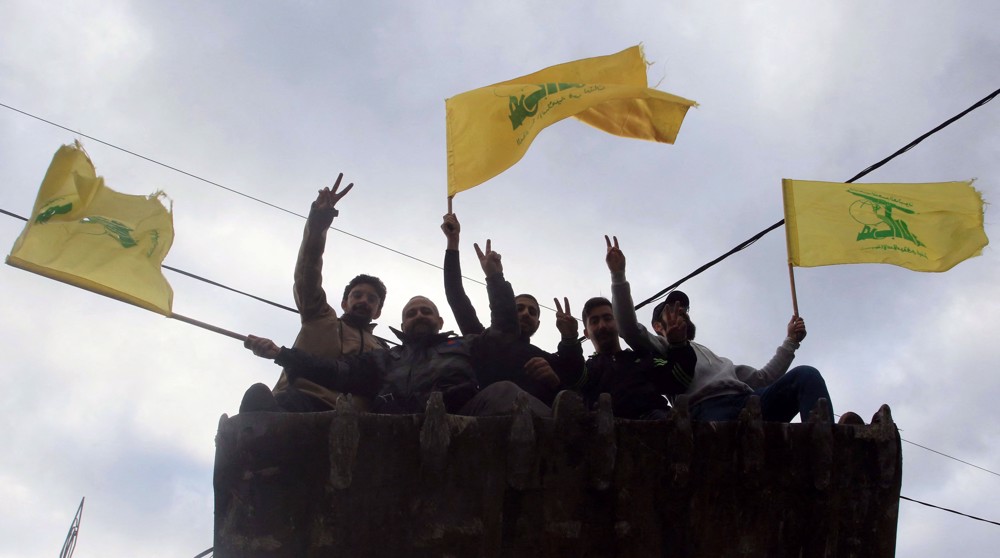
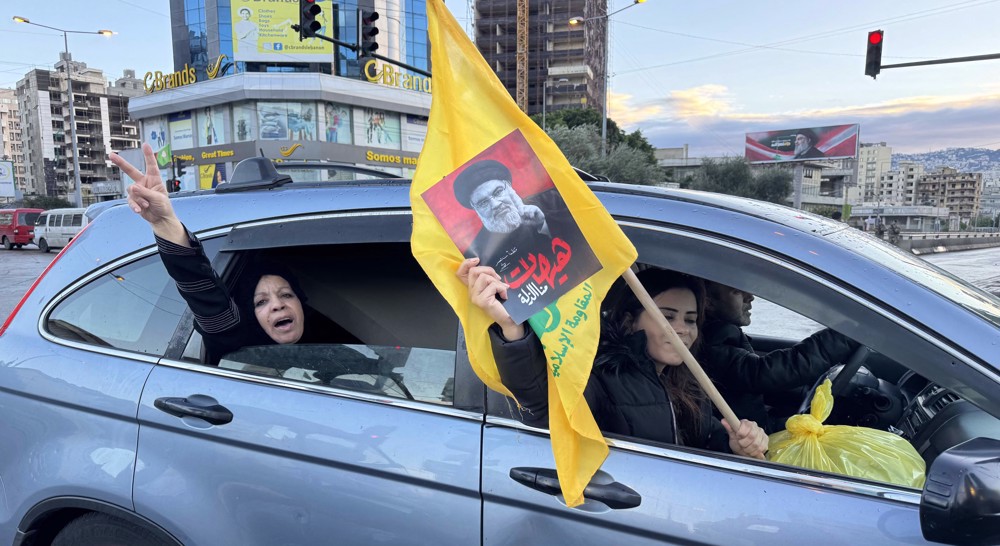
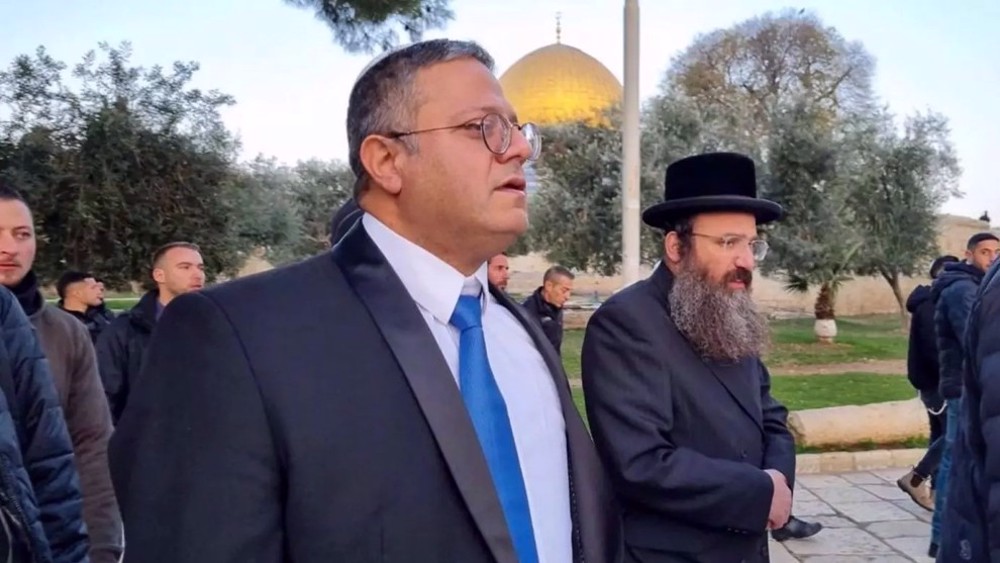

 This makes it easy to access the Press TV website
This makes it easy to access the Press TV website